Khan Academy
Khan Academy: Magnitude of Vectors
Find the magnitude of a vector. You'll see vectors given in graphs, given in component form, and given by initial and terminal points. Students receive immediate feedback and have the opportunity to try questions repeatedly, watch a...
CK-12 Foundation
Ck 12: Vector Sum and Difference
[Free Registration/Login may be required to access all resource tools.] Looks at finding the direction and magnitude of vectors and breaking vectors into component parts.
CK-12 Foundation
Ck 12: Trigonometry: Resultant as Magnitude and Direction
[Free Registration/Login may be required to access all resource tools.] Express vectors in magnitude and direction form.
CK-12 Foundation
Ck 12: Trigonometry: Resultant of Two Displacements
[Free Registration/Login may be required to access all resource tools.] Determine the physical description of vector displacement additions.
CK-12 Foundation
Ck 12: Analysis: Vector Direction
[Free Registration/Login may be required to access all resource tools.] Definition and use of calculated vector direction angles
CK-12 Foundation
Ck 12: Resultant as Magnitude and Direction
[Free Registration/Login may be required to access all resource tools.] A collection of resources on how to express vectors in magnitude and direction form and determine the magnitude and direction of their sum.
CK-12 Foundation
Ck 12: Vectors as Directed Line Segments
[Free Registration/Login may be required to access all resource tools.] Resources for learning about vectors as directed line segments.
CK-12 Foundation
Ck 12: Vector Direction
[Free Registration/Login may be required to access all resource tools.] A collection of resources for learning about vector direction.
Khan Academy
Khan Academy: Add Vectors: Magnitude and Direction to Component
Add two vectors in magnitude and direction form to get a new vector in component form. Students receive immediate feedback and have the opportunity to try questions repeatedly, watch a video or receive hints.
Alabama Learning Exchange
Alex: Vectors Drive the Boat
Using a combination of online exploration and teacher instruction students will discover that vectors have both magnitude and direction. They will be able to use vectors to represent problem situations. Students will also be will be able...
Khan Academy
Khan Academy: Add Vectors: Magnitude & Direction
Add two vectors in magnitude and direction form to get a new vector also in magnitude and direction form.
Khan Academy
Khan Academy: Add Vectors: Magnitude & Direction to Component
Add two vectors in magnitude and direction form to get a new vector in component form.
Wolfram Research
Wolfram Math World: Order of Magnitude
Definition and notation of the magnitude of a vector. Includes links to related sites.
Wolfram Research
Wolfram Math World: Resultant
Defines resultant as the result of combing two or more vectors. Includes formulas and links to related terms.
Wolfram Research
Wolfram Math World: Radius Vector
Mathworld.com provides a very brief definition of the radius, or position vector. Also gives some properties of the derivative of this vector.
Other
Can We Multiply 3 Vectors Together?
Addresses four possible cases of multiplying three vectors together and explains whether it is possible or not.
National Council of Teachers of Mathematics
The Math Forum: Vector Length
Describes how to use the Pythagorean Theorem to find the length, or magnitude, of a vector.
Other
Finding the Magnitude or Length of a Vector
From the Cambridge University Press book, "Maths: A Student's Survival Guide," this page describes how to find the magnitude of a vector.
Math Graphs
Houghton Mifflin: Math Graphs: Direction and Vectors 1 [Pdf]
Students are given the level curve of a function and are asked to sketch the vector showing the greatest rate of increase of the function. The practice exercise is available in PDF format.
Math Graphs
Houghton Mifflin: Math Graphs: Sketching Vectors 8 [Pdf]
Students use a figure to sketch a new vector that combines the tail of one vector with the head of the other vector. The practice problem is available in PDF format.
Math Graphs
Houghton Mifflin: Math Graphs: Sketching Vectors 9 [Pdf]
The practice exercise asks students to sketch a new vector that combines two given vectors. The problem is available in PDF format.
Math Graphs
Houghton Mifflin: Math Graphs: Sketching Vectors 10 [Pdf]
The practice exercise asks students to sketch a new vector that combines two given vectors. The problem is available in PDF format.
Math Graphs
Houghton Mifflin: Math Graphs: Sketching Vectors 12 [Pdf]
Learners sketch a graph of the specified vector by combining two given vectors. The practice problem is available in PDF format.
Sophia Learning
Sophia: Introduction to Vectors & Scalars: Lesson 3
This lesson introduces the concepts of vectors and scalars and explains how they are related to distance and displacement. It is 3 of 3 in the series titled "Introduction to Vectors & Scalars."



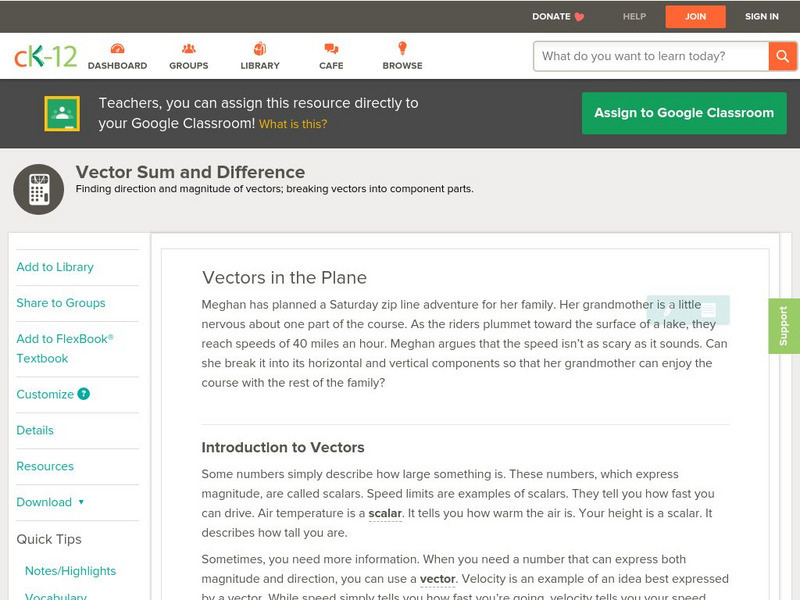
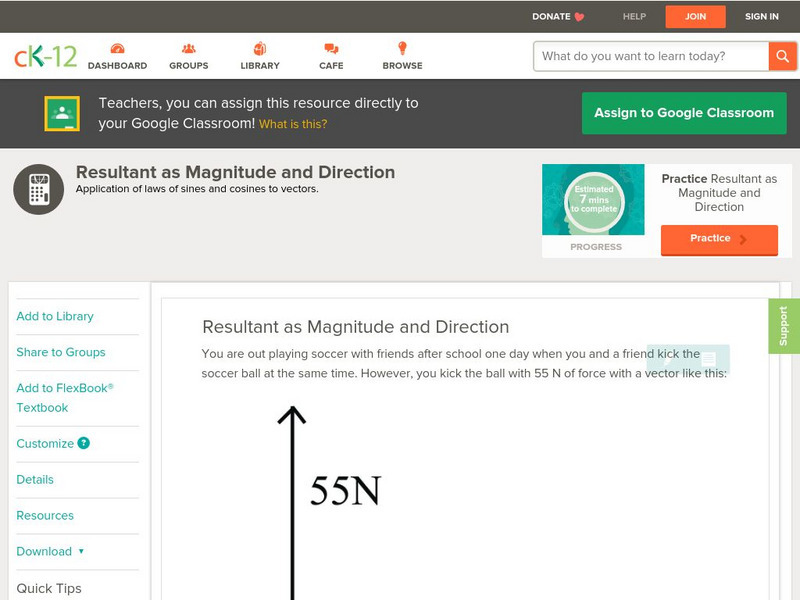

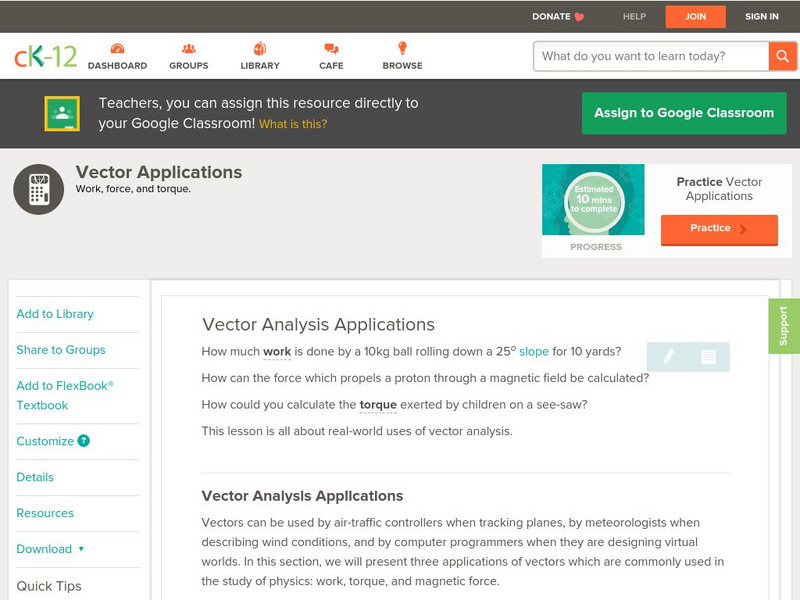







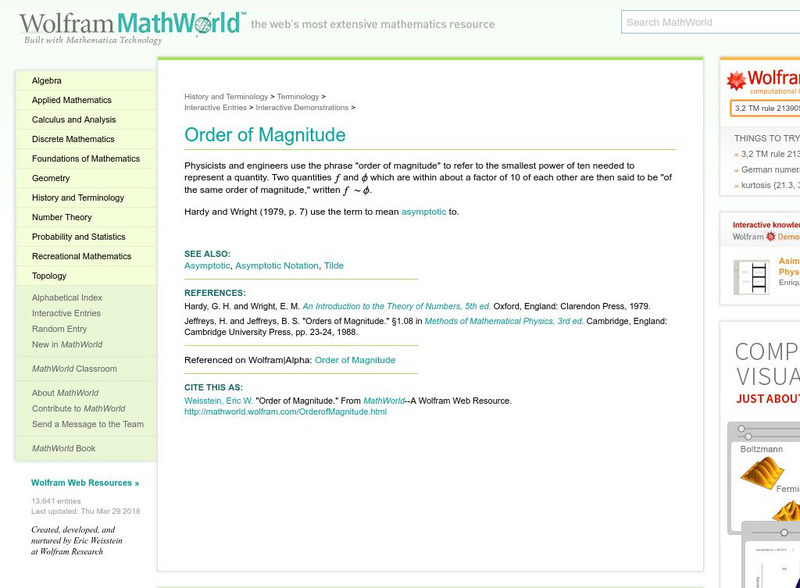



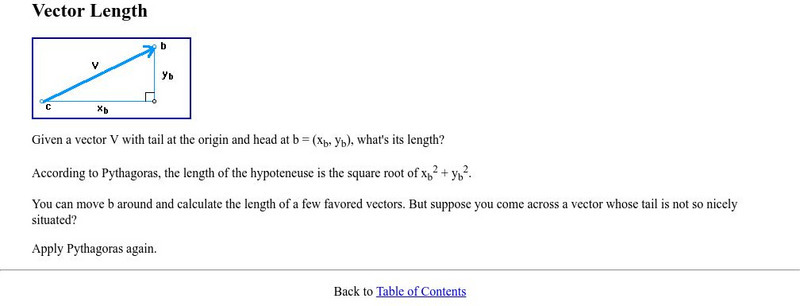

![Houghton Mifflin: Math Graphs: Direction and Vectors 1 [Pdf] Unknown Type Houghton Mifflin: Math Graphs: Direction and Vectors 1 [Pdf] Unknown Type](https://d15y2dacu3jp90.cloudfront.net/images/attachment_defaults/resource/large/FPO-knovation.png)
